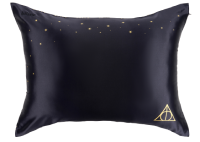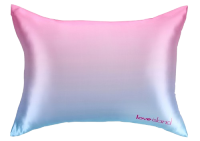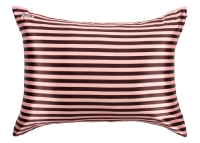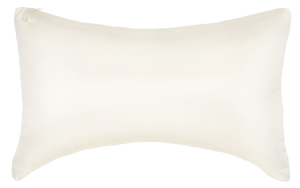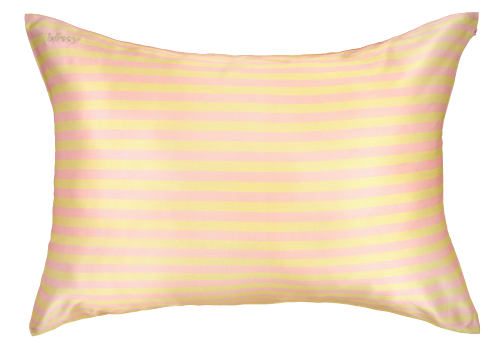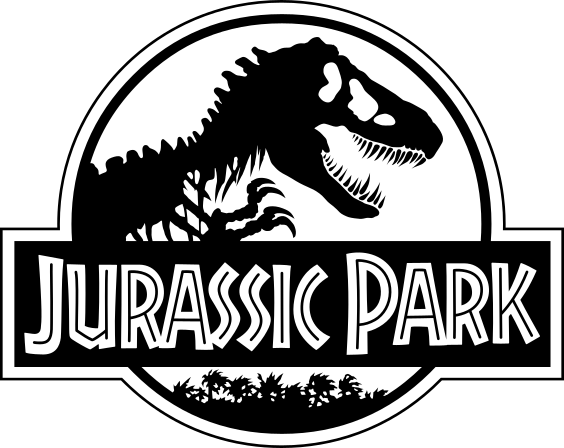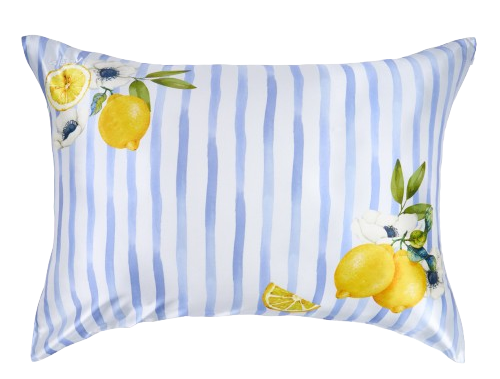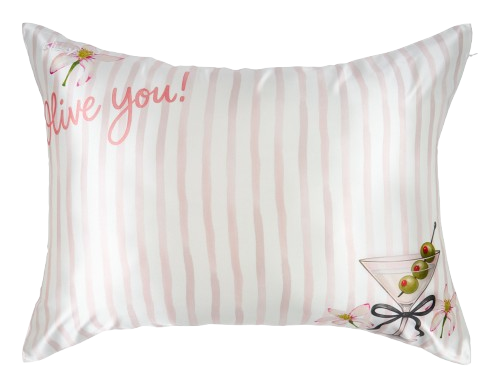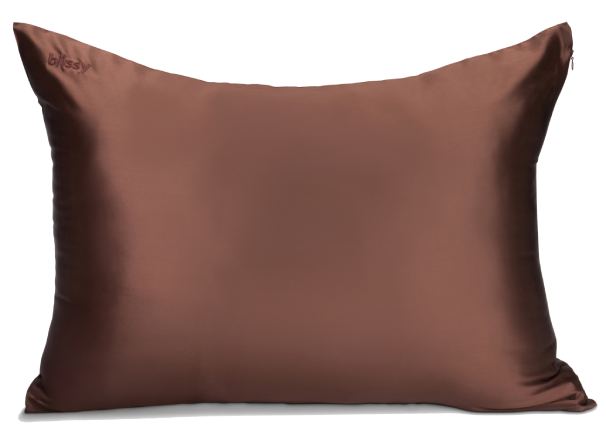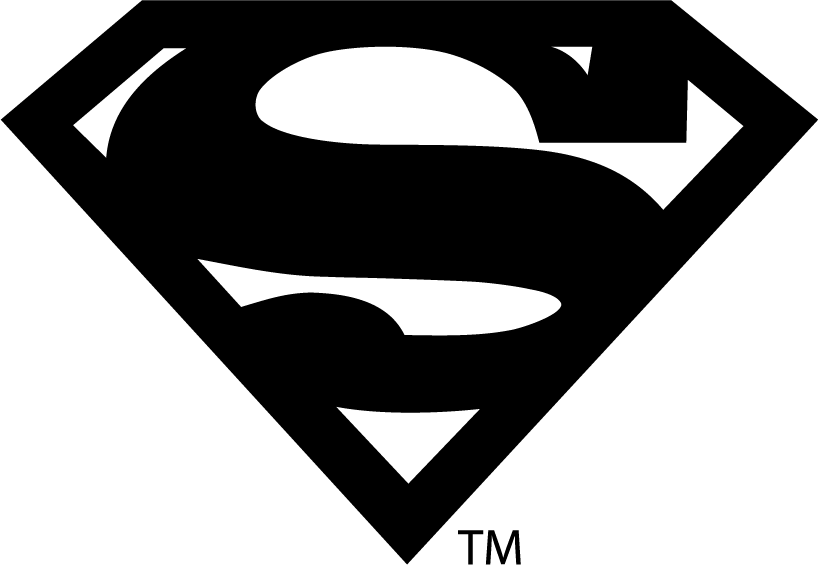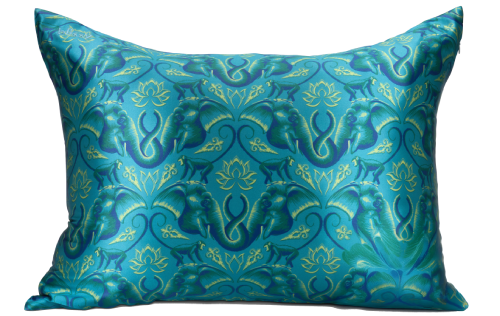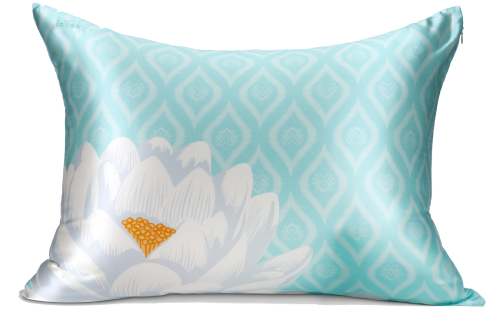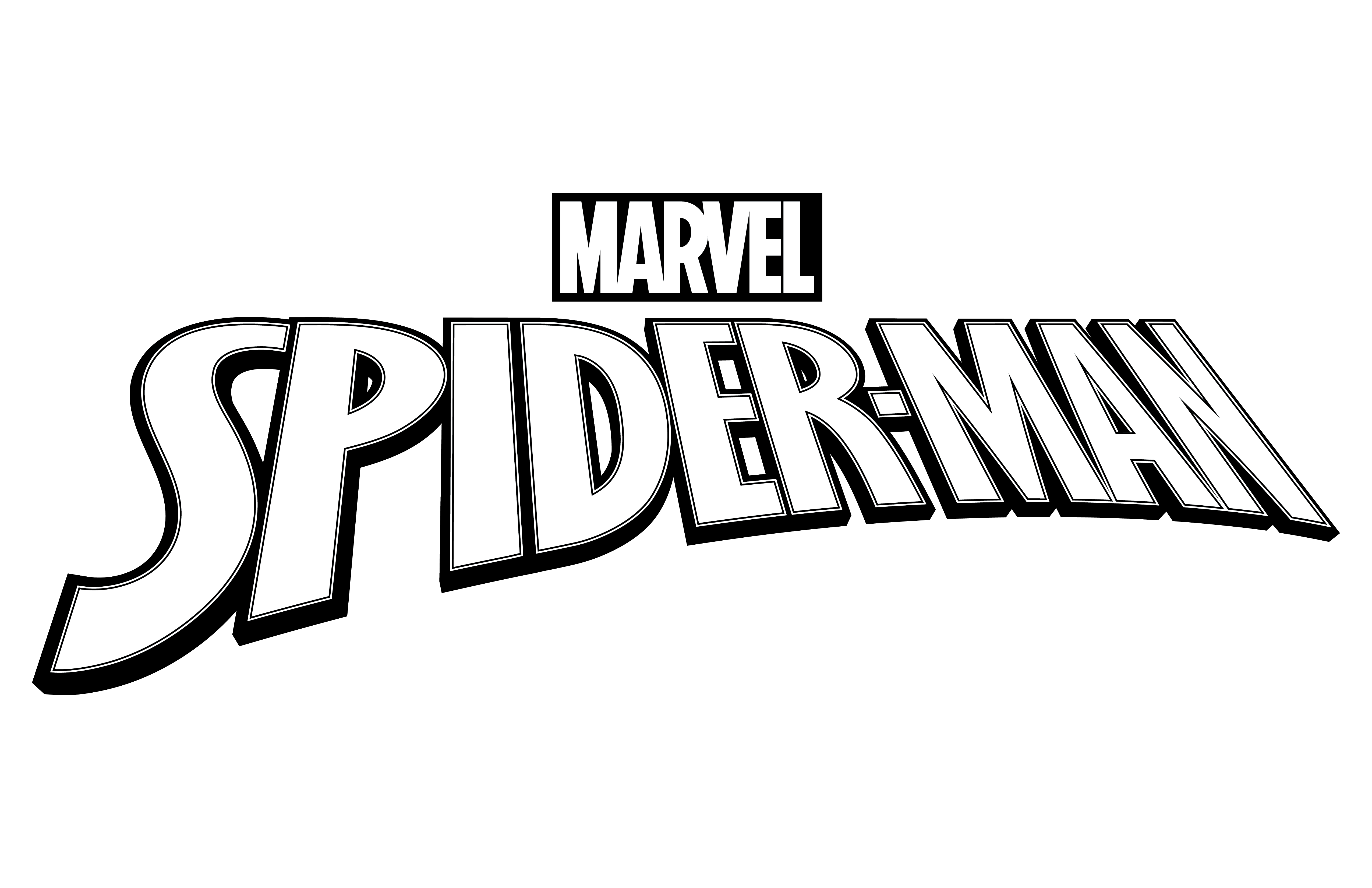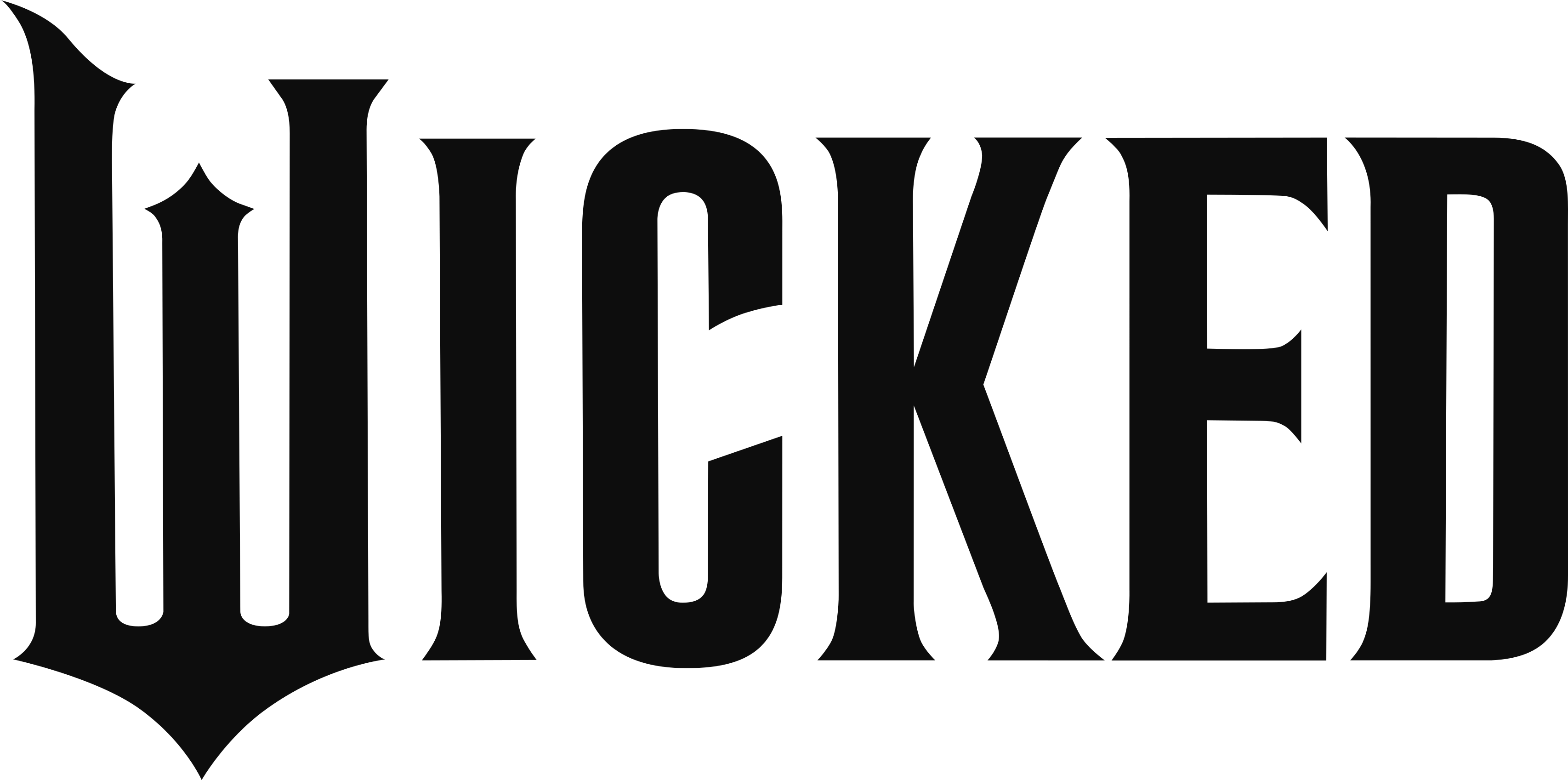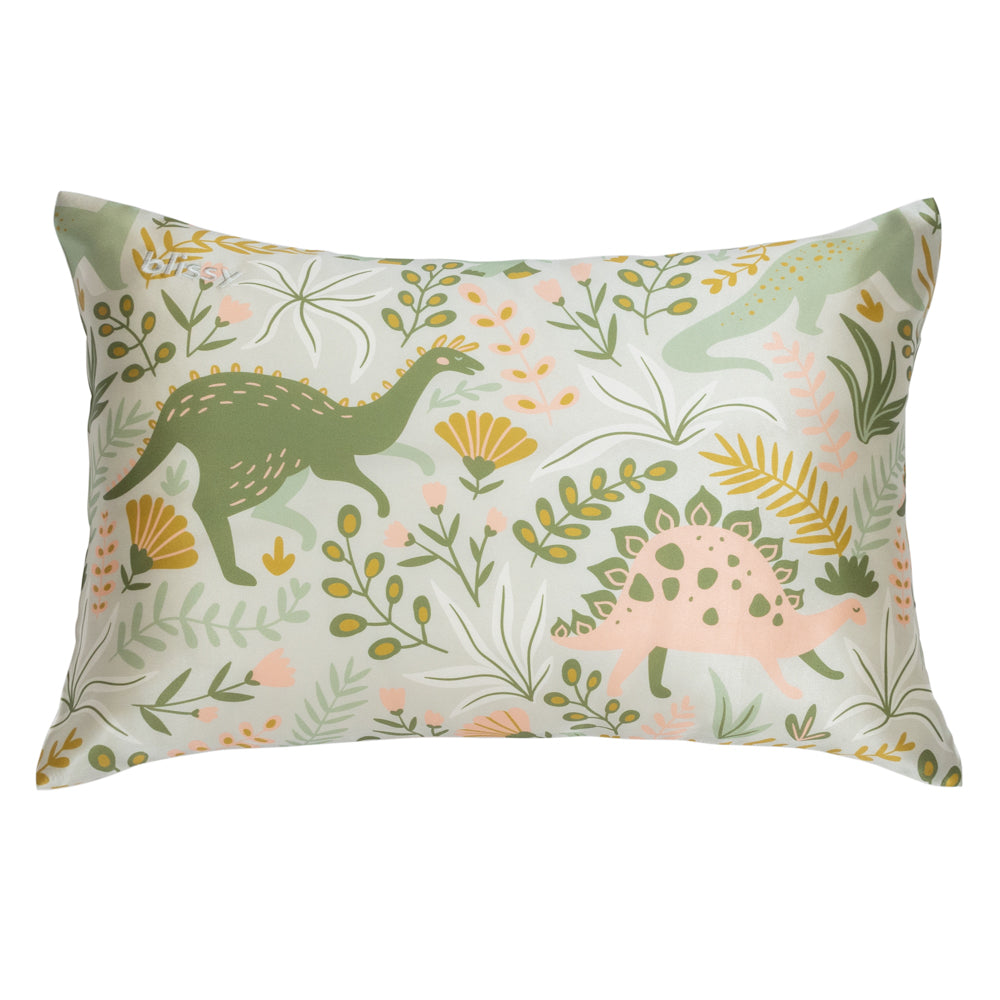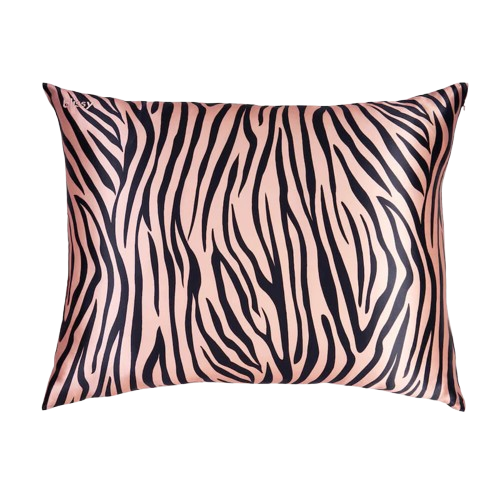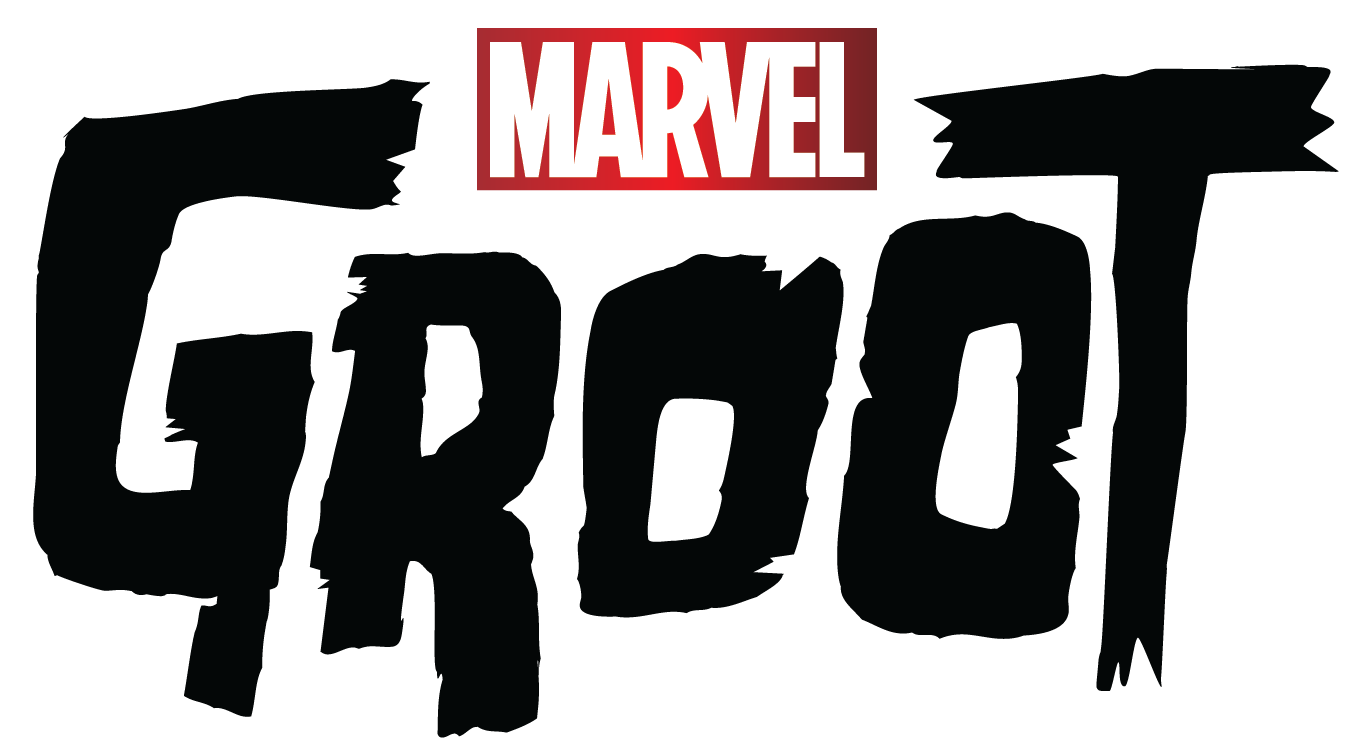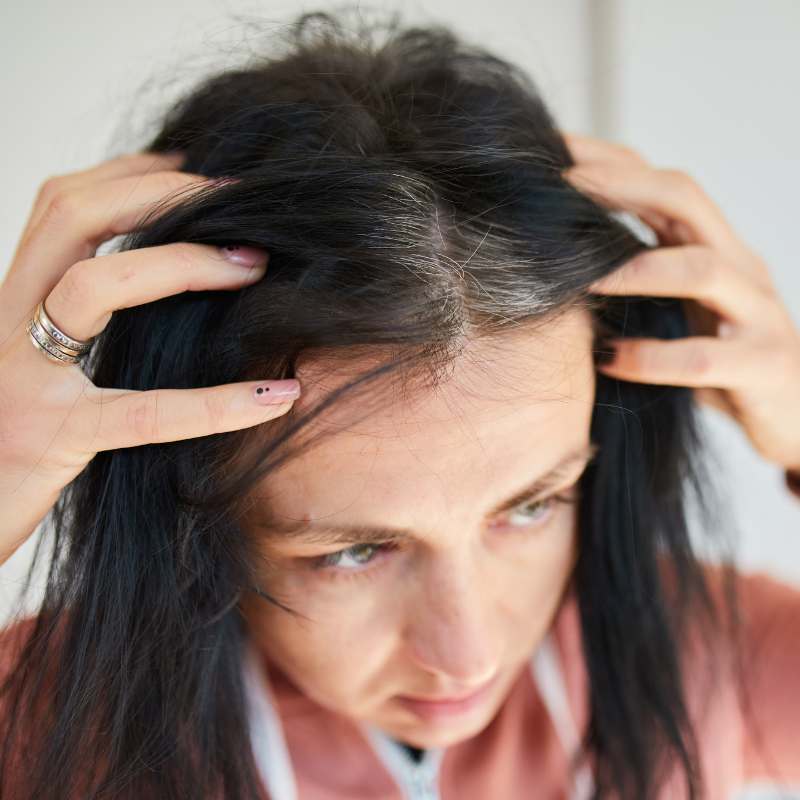Key Takeaways:
-
Postpartum hair loss is normal and typically resolves within a year.
-
Overtreating hair with harsh products worsens shedding.
-
Iron, omega-3s, and vitamins C and D support hair regrowth.
-
Gentle hair care and avoiding tight hairstyles minimizes loss.
Are you wondering why your hair seems to be falling out more than it should after having your baby? The truth is, the #1 mistake new moms make when dealing with postpartum hair loss is panicking and overtreating their hair.
But before we get into why so many women go into damage-control mode, let’s take a quick look at what causes postpartum hair loss in the first place—and how long it typically lasts.
Why Do You Lose Hair After Childbirth?
After giving birth, many women experience postpartum telogen effluvium—a condition where more hair enters the resting phase (telogen), leading to noticeable shedding in the shower drain or on the bathroom floor. This happens as estrogen levels drop, shifting hair follicles out of the growing phase (anagen phase) and into temporary rest.

How pregnancy hormones affect the hair growth cycle
Increases in estrogen levels in late pregnancy stop the hair shedding phase, leading to fuller hair. Post-childbirth, these hormone levels drop and trigger more shedding than usual.
Can factors besides hormones cause postpartum hair loss?
Yes, a few other factors may contribute to losing hair, such as:
- Emotional and physical stress from giving birth
- Nutritional deficiencies, especially in breastfeeding moms
- Genetic factors that increase hair loss risks
(Source: Johns Hopkins Medicine)
How Long Does Postpartum Hair Loss Last?
Your hair should be back to normal within a year after giving birth. In the meantime, there are a couple of concerns to be aware of.
When to see a healthcare provider about ongoing hair loss
You may want to have a chronic hair loss evaluation done if you keep losing hair after a year. Thyroid disease and other conditions can cause this to happen.
Why Overtreating Makes Shedding Worse

When you first notice extra hair in your brush or shower drain after giving birth, it's easy to feel alarmed. Many women immediately reach for intensive conditioners, harsh chemical treatments, or heat styling tools like blow dryers and flat irons to try and make their hair look fuller. But here's the reality: overtreating your already vulnerable hair can actually make shedding worse.
Remember, postpartum hair loss (technically called telogen effluvium) is not a rare occurrence—it's a normal part of recovery after pregnancy. After giving birth, your hair follicles enter a resting phase or telogen phase as your hormone levels adjust. This is simply a transitional phase your body goes through, not a permanent condition.
Other Common Mistakes That Worsen Hair Loss
- ♦ Using the wrong tools: Tossing aside your wide-toothed comb in favor of brushes that pull at your delicate strands
- ♦ Skipping proper nutrition: Not maintaining a well-balanced diet rich in the nutrients your new hair needs to grow strong
- ♦ Ignoring your hair type: Using products too heavy for fine hair that can weigh it down and cause more breakage
- ♦ Waiting too long for medical help: The average person should see improvements within a year, but persistent loss might need attention
While understanding postpartum hair loss is essential, knowing what makes it worse—and how to avoid those pitfalls—could help you manage this challenging phase of motherhood more effectively.
How Can I Manage Postpartum Hair Loss?
Taking good care of your hair and making some changes in your daily life can help promote hair growth and prevent hair loss from getting worse.
How nutrition can help hair regrowth
Healthcare experts recommend getting the following nutrients for hair regrowth after pregnancy:
-
Iron (ex: lean meats, dark leafy greens, legumes): Helps hair grow healthy
-
Omega-3 fatty acids (ex: fish, walnuts): Decreases hair thinning
-
Vitamin C (ex: citrus fruits): Stimulates collagen growth and helps you absorb iron
-
Vitamin D (ex: fortified milk): Supports hair health

Keep taking your prenatal vitamins, too. Dermatologists note that these won't prevent hair loss, but they contain nutrients that help your hair stay healthy (Dermatology Times).
What are the best hair products to use when hair falls out after giving birth?
Switch to lightweight conditioners and volumizing shampoos to care for your hair as it sheds and grows. Avoid hair products with sulfates and other harsh ingredients.
How you can care for your hair to prevent postpartum hair loss from getting worse
Gentle hairstyles and overnight care are just as important as using the right products when you lose hair after giving birth. Avoid pulling your hair into tight ponytails or similar hairstyles that can cause breakage.
Silk Hair Products for Postpartum Hair Shedding
For Day:
If you want to wear a loose or protective hairstyle, use soft hair accessories, like gentle hair accessories for new moms that won't pull or stress your delicate strands.
For Night:
Nighttime care for your hair should include the right surface while you sleep. Friction-free silk pillowcases won't tug at your hair and can significantly reduce postpartum shedding.
How exercise supports healthy hair growth
Physical activity helps ease stress that can worsen hair loss and make it harder for hair to grow in strong and healthy. Stay active with daily walks or stress-reducing exercises, such as yoga.
Further Reading:
Frequently Asked Questions (FAQs) New Moms Have About Postpartum Hair Loss
What is postpartum hair loss?
This happens when hair falls out after childbirth due to hormone levels and other factors. It's not true hair loss, it's excessive hair shedding (American Academy of Dermatology).
What are signs of hair loss after childbirth?
Finding more hair than usual on your clothes, brush, or pillowcase are common signs of excessive shedding. Some women also have noticeable hair loss or thinning around the crown of their head post-childbirth.
When does postpartum hair loss happen (according to the Cleveland Clinic)?
Doctors and scientists state that new moms usually start losing hair around 3 months after having a baby. This can continue anywhere from 6 to 12 months postpartum before normal hair growth comes back.
Can you stop postpartum hair loss?
No, you can't stop hair loss from happening—it's a natural occurrence after having a child. But keep in mind that it's only temporary, not permanent. For most women, hair will return to normal within a year.
How to stop hair falling out after pregnancy?
You can't prevent hair loss after childbirth, it's perfectly normal. But you can stop it from getting worse with good nutrition, gentle hair care, and stress-reducing activities.
How long does postpartum hair loss last?
Your normal hair growth cycle should return and you should see new hair by the time your baby turns one year old. In some cases, hair loss might only last for around 6 months.
Does cutting hair help postpartum hair loss?
A shorter hairstyle won't stop you from shedding hair. But it can help your hair look fuller during this phase.
What is the best treatment for hair loss postpartum?
Avoiding harsh hair products and heat, eating a healthy diet that supports hair health, and practicing good nighttime hair care are the best ways to handle hair loss after having a baby.
Can wearing a bonnet at night help with postpartum hair shedding?
Bonnets won't stop shedding from happening. But many women find that silk bonnets protect your hair from damage while you sleep, giving it a soft and smooth covering.
Can switching to a silk pillowcase help with hair loss after giving birth?
Yes, silk pillowcases are gentle on your hair and won't pull at it. They also naturally hydrate your hair for healthier growth and less frizz as it grows again.
How does postpartum hair loss cause a hair tourniquet?
Watch for loose hair strands that may wrap around your baby's toes or fingers, called hair tourniquets. These can cut off their circulation and should be removed promptly and carefully.
Postpartum hair loss is normal—but how you treat your hair matters. From nutrition to nighttime care, support your strands with Blissy's friction-reducing silk pillowcases and bonnets for healthier hair, naturally.



